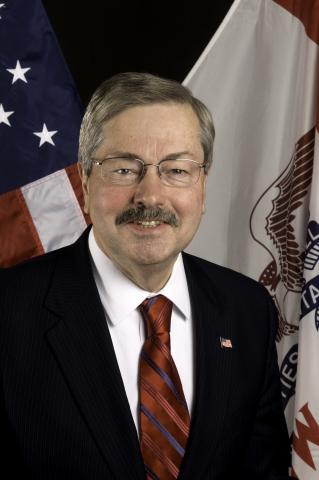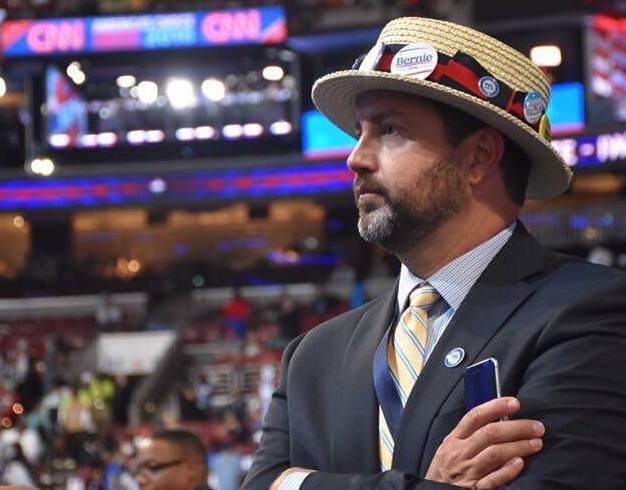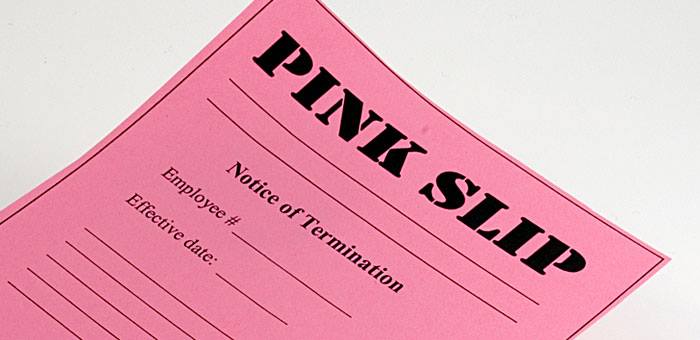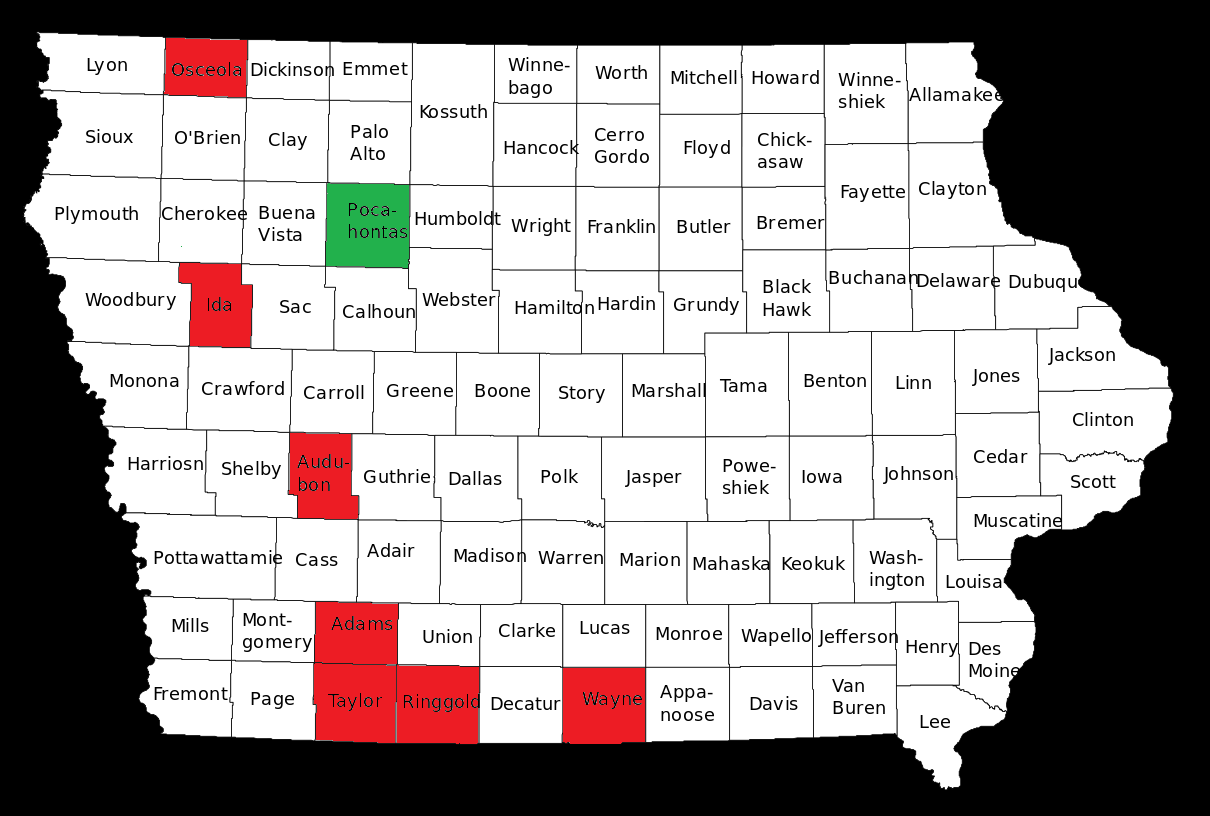ACLU of Iowa Policy Counsel Daniel Zeno explains why the secretary of state’s voter ID plan would disproportionately affect African-Americans. -promoted by desmoinesdem
Iowa Secretary of State Paul Pate is pushing hard for a bill that would implement voter ID in Iowa. It’s bad enough that Secretary Pate’s proposal is discriminatory against African-American Iowans (more about that in a moment). But we also object to the manner in which he promotes his proposal by tokenizing a few prominent African-Americans, in a highly misleading way.
Voter ID laws like the one Pate proposes are part of an ongoing strategy to roll back decades of progress on voting rights. These laws deprive many voters, including many African-Americans, of their right to vote, reduce participation, and stand in direct opposition to our country’s trend of including more Americans in the democratic process. These laws create more hoops for people to jump through simply to exercise their constitutionally protected right to vote. Voter ID laws are especially tragic since the type of voter fraud they are purported to prevent – identity fraud – is all but nonexistent. And they cost states millions of dollars to implement.
Pate’s proposal would be one of the strictest in the country. It allows a voter to show only an Iowa driver’s license, passport or military ID to vote. Pate has said that voters would who don’t have one of the three IDs above will get a “free” voter ID card. But those cards would go only to those Iowans who are already registered—not all eligible Iowans.
We strongly oppose Pate’s proposal because it would deprive thousands of Iowans, including and perhaps especially, African-American Iowans, of their legal right to vote.
Continue Reading...
















